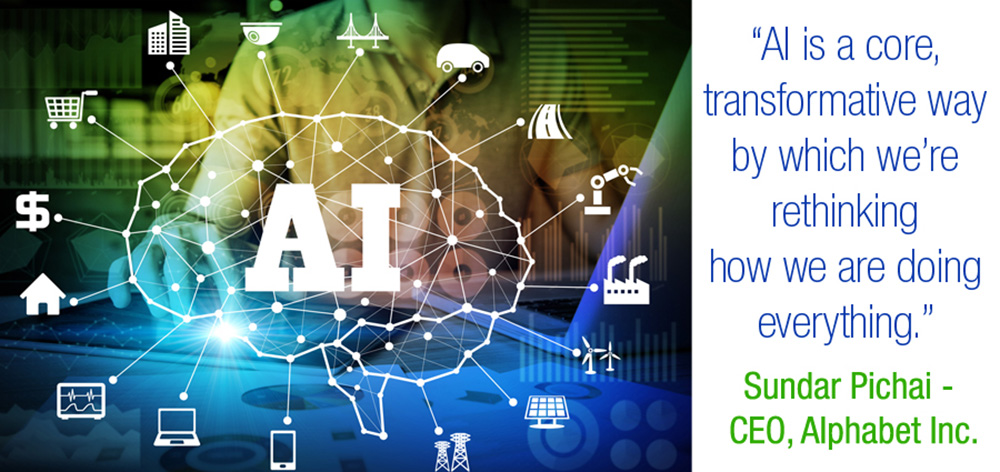
. AI’s Impact on Future Education: A Paradigm Shift. AI’s Impact on Future Education: A Paradigm Shift Artificial Intelligence (AI) is rapidly transforming the landscape of education, ushering in a paradigm shift that promises to revolutionize the way we learn and teach. From personalized learning experiences to automated grading and feedback, AI is poised to reshape the future of classrooms. Personalized Learning: AI-powered learning platforms can gather and analyze vast amounts of student data to create tailored learning experiences. By understanding each student’s strengths, weaknesses, and learning style, AI can recommend appropriate content, activities, and feedback to maximize their progress. Adaptive Learning: AI algorithms can adapt to students’ pace and understanding in real time. As students demonstrate proficiency in certain areas, the AI system can automatically adjust the difficulty level and present them with more challenging material. This adaptive approach ensures that every student learns at their own optimal pace. Automated Grading and Feedback: AI can automate the grading of student assignments, freeing up educators’ time for more meaningful tasks. AI-powered grading systems can provide detailed feedback, identifying areas where students need improvement and offering suggestions for further learning. Skill-Based Assessments: AI enables the creation of skill-based assessments that go beyond traditional knowledge-based tests. By incorporating interactive simulations, problem-solving challenges, and industry-specific assessments, AI can provide a more comprehensive and relevant measure of student capabilities. Virtual Tutors and Assistants: AI-powered virtual tutors and assistants can provide students with 24/7 support and guidance. These AI systems can answer questions, offer feedback, and help students develop their critical thinking and problem-solving skills. Skill-Gap Analysis: AI can analyze job market trends and identify emerging skill gaps. This information can be used to inform curriculum development and ensure that students graduate with the skills and knowledge needed for the workforce of the future. Beyond the Traditional Classroom: AI is allowing for the expansion of educational opportunities beyond the confines of traditional classrooms. Online learning platforms, virtual reality simulations, and augmented reality experiences can create immersive and engaging learning environments accessible to students across geographies and backgrounds. Challenges and Considerations: While AI’s impact on education is promising, it also poses challenges. Ethical concerns regarding data privacy, bias in AI algorithms, and the potential for job displacement in the education sector need to be carefully addressed. Conclusion: AI is driving a fundamental shift in the way we think about education. By embracing the potential of AI to personalize learning, automate grading, adapt to student needs, and bridge skill gaps, we can create a future-forward education system that empowers students with the skills and knowledge necessary to thrive in a rapidly evolving world.
Posted inNews